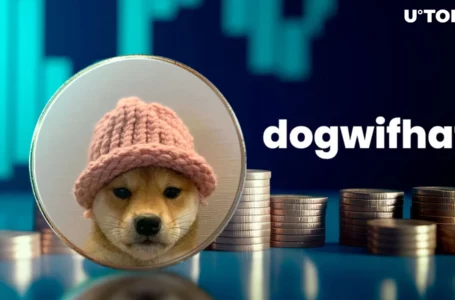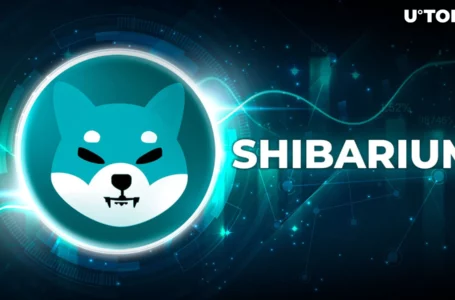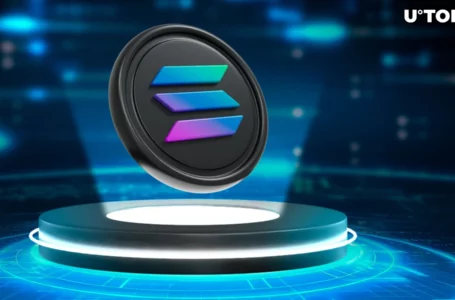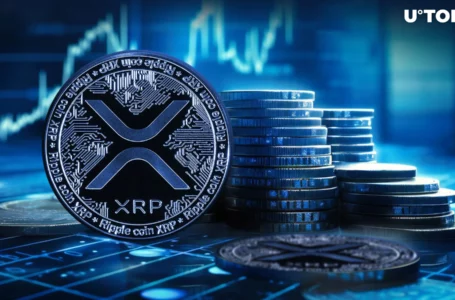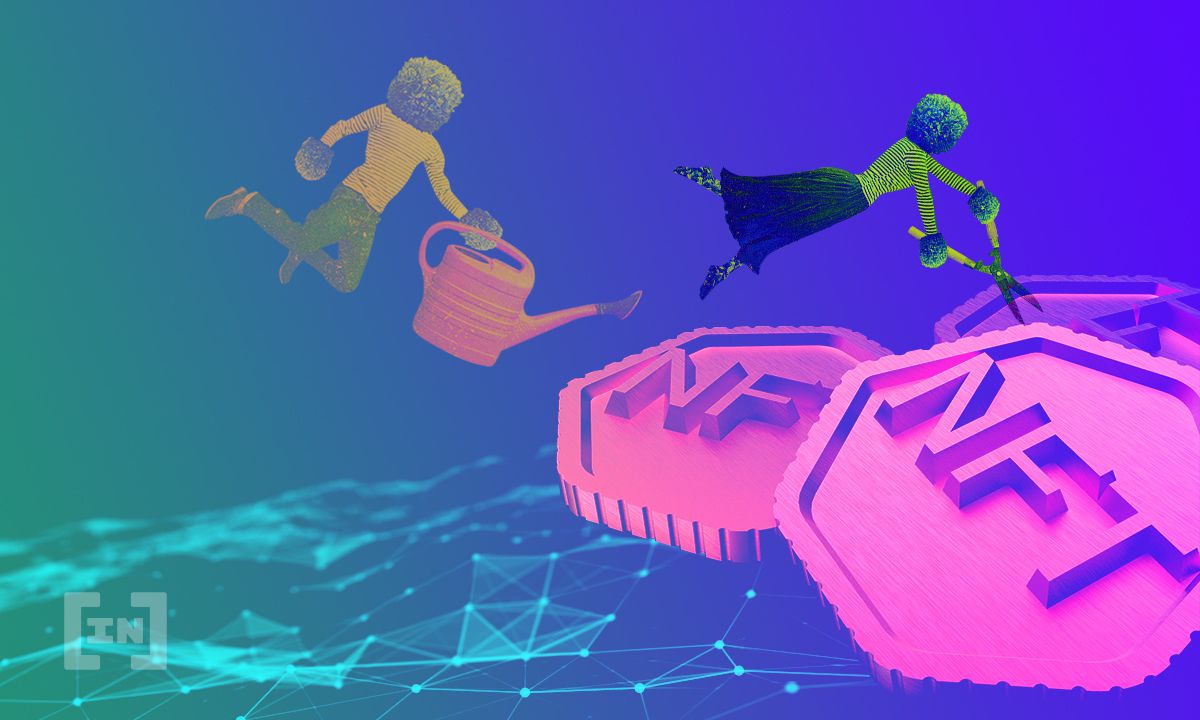
NFT creators and sellers often have to wait weeks to have plagiarized content removed from NFT marketplaces. But could this change in 2022?
NFTs exploded in 2021, and everyone from Jimmy Fallon to Justin Bieber owns one. But not all artists and creators benefit from the high volume of sales. Plagiarism has become a huge problem, especially for artists with small fanbases. Artists have gone from a few flights a day to hundreds or even thousands of flights. Bots crawled the online galleries of some artists. The collections were automatically generated and listed on the largest NFT marketplace, OpenSea. OpenSea does not require NFTs to be minted on the blockchain to be listed. This has allowed scams to proliferate.
Is OpenSea favoring bigger artists?
One artist, Aja Trier, had 86,000 NFTs created from her paintings. She received multiple alerts in her email inbox regarding this on Jan. 4, 2022. But artists have to initiate their own takedown requests under the Digital Millennium Copyright Act, which could take weeks, as OpenSea requires separate requests for each item.
It seems artists must have a substantial Twitter following for OpenSea to respond. A Dutch artist named Lois van Baarle had her work removed by OpenSea within 48 hours. It only came after a Twitter tirade that gave OpenSea poor PR. Trier was not so lucky due to its small following on Twitter.
OpenSea has said that it is against site policy to sell NFTs of plagiarized content. The company penalizes such listings by delisting the items and banning the guilty parties’ accounts.
An artist reported in late December that Google is better than OpenSea for issuing takedown requests, since OpenSea images are hosted on Google’s cloud platform. NFTTheft assists artists in their quest to have plagiarized content removed and helps introduce Google to other artists.
Hope is not lost for NFT artists
A new tool is in the works. It is called SnifflesNFT, and is an image recognition tool co-developed by entrepreneur Mert Hilmi Iseri and two software developers. It recognizes plagiarized images and creates takedowns requests for artists.
Rarible, another NFT marketplace, has humans moderating content to check for plagiarism. They pressure sellers to link their social media accounts to their Rarible accounts. They also prevent content from unverified sellers from appearing in search results.
A professor at Pennsylvania State Dickinson Law School who specializes in intellectual property law, says that artists should notify NFT marketplaces of copyright infringement, register their work with the U.S. Copyright Office, and notify others via social media.

